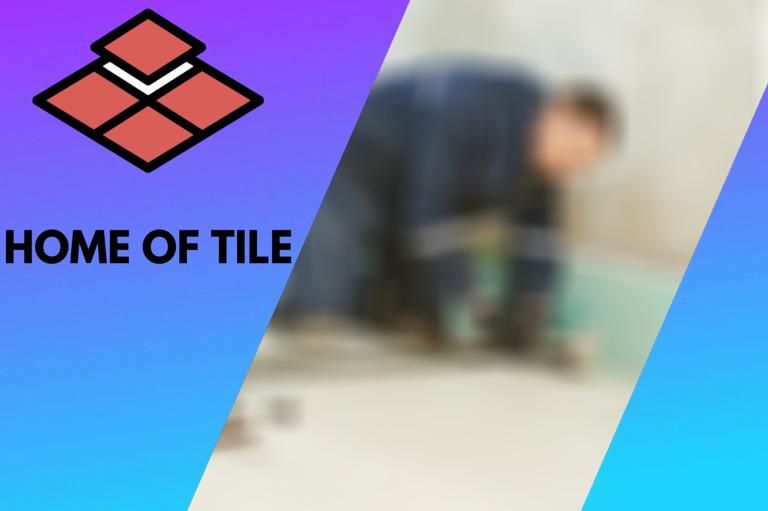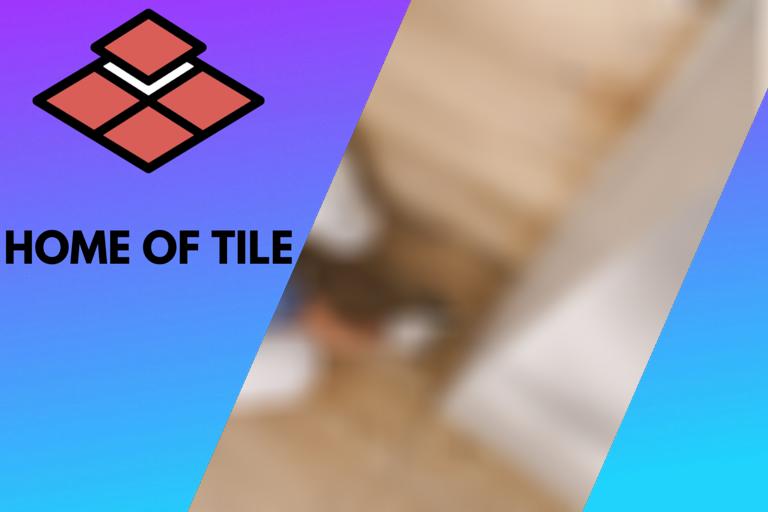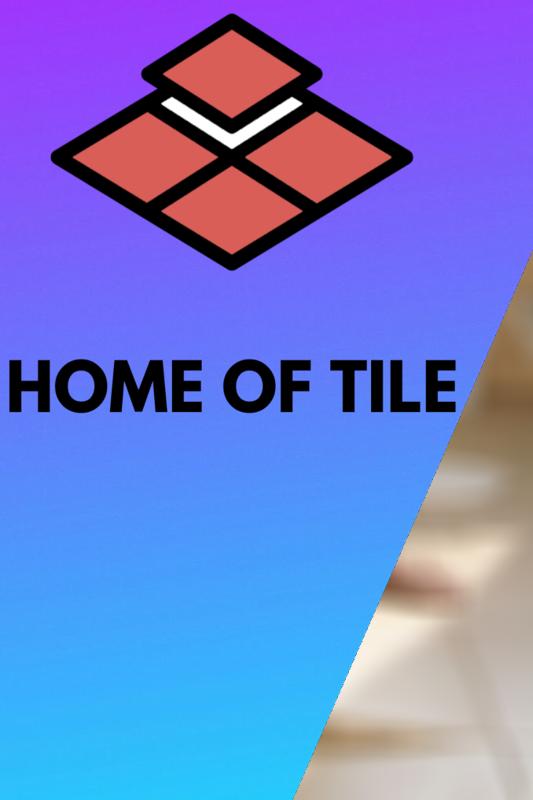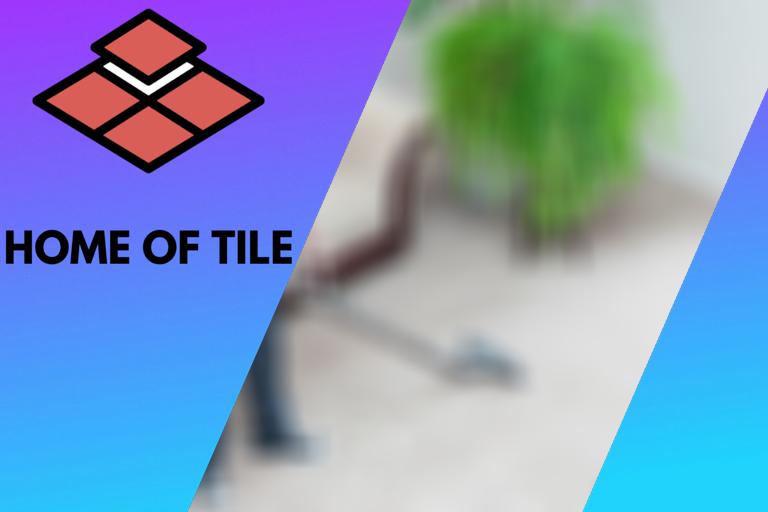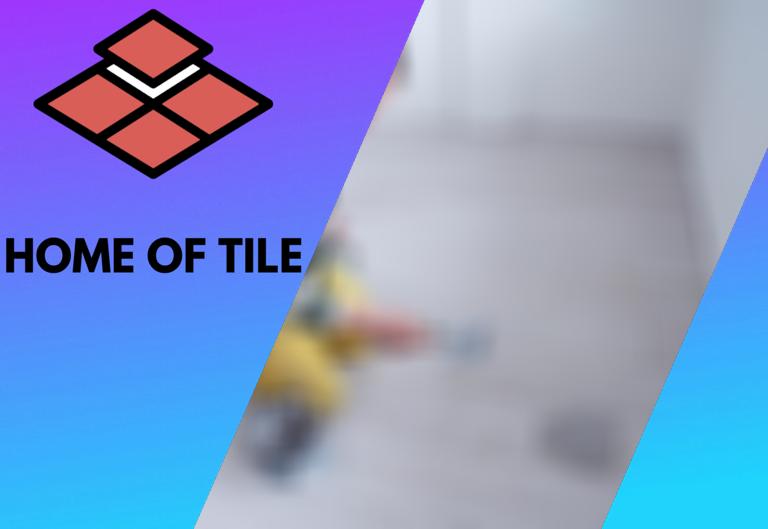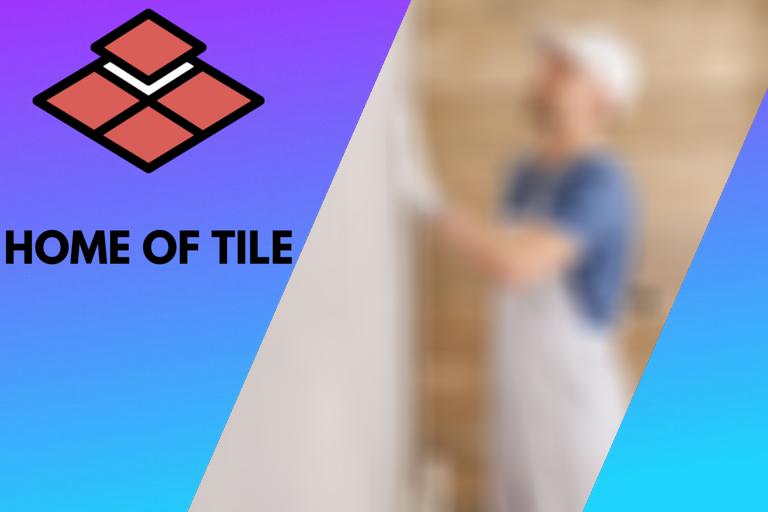How To Clean Garage Floor Tiles, 12 Things You Should Know
Tiles are popular for most garage floors, as they’re easy to clean and maintain. You’ll also have many options regarding material and patterns. How should you clean your garage floor tiles without damaging them?
This article explains how to clean garage floor tiles, including factors to consider when choosing cleaning agents.
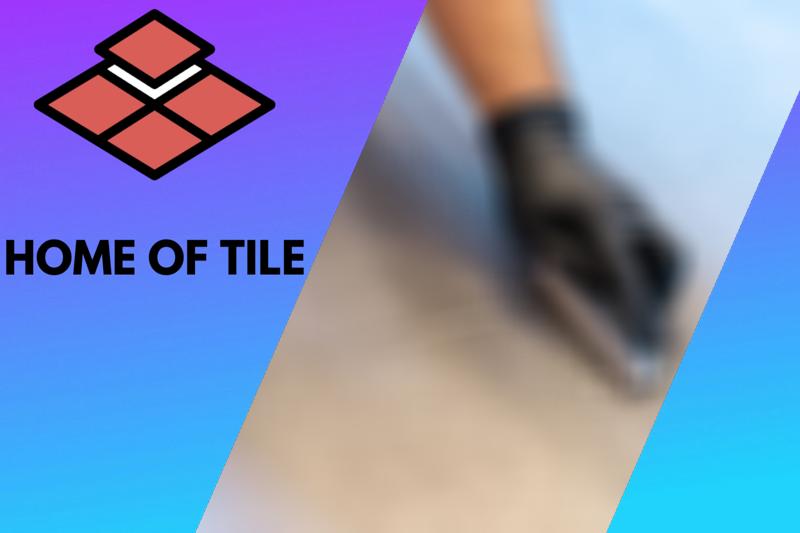
Contents
How To Clean Garage Floor Tiles?
The garage can be an essential part of your home, with some transforming it into a cozy and safe place. Some homeowners have considered garage floor coating for protection against fluid, dirt, and dust.
You can clean garage floor tiles by wiping them down or vacuuming them. Most garage floorings use non-porous material, so you can wash the floor without ruining the tiling. If you want to disinfect or remove stains from tiles, you may need to use a commercial cleaner.
Regularly cleaning your garage floor will help maintain its upkeep in the long run. Here are some basic steps for cleaning your garage floor tiles:
- Step 1. Clear the floor: Clear the floor of any objects and furniture.
- Step 2. Sweep large items: Use a stiff push broom to sweep away larger pieces of rubbish or debris.
- Step 3. Vacuum: Vacuum or sweep the floor to get rid of dirt and dust.
- Step 4. Remove stains: To remove stains or grease, pour some concentrated floor cleaner on the affected area before washing the tiles.
- Step 5. Cleaning fluid: Allow the cleaning fluid to sit, then use a scrub brush or sponge to remove the stain.
- Step 6. Rinse: Finally, use a bucket of warm water to wash the tiles.
For alternatives to heavy-duty floor cleaners, you can consider the following solutions, which may be easier to get in general stores:
- Look for disinfectants and bleaching solutions with sodium hypochlorite. Sodium hypochlorite is a primary ingredient in most grout and tile cleaners.
- Baking soda is another versatile product. Use half a cup of baking soda in warm water, which you can use for mopping and rinsing off all the grime from your garage tiles.
- Window cleaners can also clean tiles. Select the evaporating type for easier cleanup. Window cleaners also come in handy for mirrors and other shiny surfaces.
- Vinegar works well for ceramic, brick, or stone tiles. Mix a ¼ cup of vinegar with a gallon (3.79 l) of water and mop your floor with the solution.
How To Clean Interlocking Garage Floor Tiles?
Interlocking garage floor tiles are commonplace due to their easy installation. They’re also easily repairable — the design allows you to remove and replace broken tiles individually rather than removing the entire floor.
You can clean interlocking garage floor tiles using hot water, cleaning agents such as soap or floor cleaner, and a mop. Be sure to change out dirty water as you clean different sections of your garage. Also, be careful not to use too much water, as water may seep between the tiles.
After you’ve used water to rinse or wash the tiles, you can use a mop to absorb leftover water or allow it to air dry. With interlocking tiles, the gaps between the tile’s edges will allow air to go in and dry up excess moisture. However, if you use too much water, the pockets between tiles will take longer to dry, and you might risk mildew growth.
● Use Standard Household Materials
You can get a dust mop to eliminate dust and dirt. Dust mops work best when regularly wiping up fluff off your garage floor, especially if your tiles come in dark colors.
You can also purchase a soft-bristled push broom to remove finer dirt and dust between interlocked edges.
● Replace Dirty Tiles Easily
Another plus of having interlocking tiles is you can replace each tile if it gets too dirty. Interlocking tiles also do not need adhesives, which is a plus. It’s a good idea to order spare tiles as a backup when you first purchase them if you need replacements.
● Use Chemicals as Needed
You don’t need to worry about chemicals and corrosive agents damaging the tiles. Typically, most interlocking tiles are made from polypropylene and resist chemical damage. For product choices, ammonia-based floor cleaners work best with interlocking tiles.
It’s good to heed the procedure from The Ceramic Tile Institute, which recommends tile coating with pure neutral soaps and rubbing the tiles with a sponge and water until they dry. Using microfiber mop pads help, too, for quicker work.
How To Clean Plastic Garage Floor Tiles?
Plastic garage floor tiles are typically made from polypropylene. Since this material is resistant to heat and most chemicals, they’re easy to maintain in every household.
You can clean plastic garage floor tiles with hot water and any cleaning agent. Use a mop to clean the tile surface and absorb any excess moisture after you’re done. You can also go over plastic tiling with a dry cloth to remove all traces of water to prevent water stains.
Here are some cleaning agent suggestions for plastic garage floor tiles besides hot water.
● Use Lemon Oil
Lemon oil is an effective agent for tile cleaning. Using lemon oil to shine your tiled floor will help improve its appearance and prevent mildew and mold from forming.
You can make a simple cleaning formula with lemon oil by combining the following ingredients:
- Two tablespoons of a mild abrasive
- A half cup of water softener
- A cup of hot water
● Use a Bleach Solution
Bleach is also a good tile cleaner, but you must dilute it before you work with it. Otherwise, fumes from concentrated bleach can cause you discomfort, and it can also irritate your skin.
Combine one cup of household bleach with a gallon (3.79 l) of water for a general bleach formula. Be sure to wear protective gloves and footwear when you use bleach to clean any floor surfaces.
● Use Sanitizers
You can also use sanitizers to clean your garage’s plastic tiles. Since manufacturers often use EPA-approved chemicals for sanitizers, the formula won’t damage your flooring. It’s also good for eliminating odors.
Other Considerations When Cleaning Garage Floor Tiles
● Cleaning Grout
Grout can accumulate dirt over time. Regularly clean the grout between your garage’s tiles with a brush or all-purpose cleaner to remove and prevent buildup.
You can use stain removers to solve the issue of mildew or stubborn stains in the grout. To use a stain removal solution, follow these steps:
- Mix the mildew stain remover with ¾ cup of chlorine bleach.
- Apply the mixture to the grout with a brush.
- Rinse the floor thoroughly with water to remove all traces of the solution.
● Take Safety Precautions
Although most strong chemicals won’t damage your tiles, it’s still best to handle them well, as they are still hazardous. Read the ingredients and the label for protective care before deciding which cleaning agent suits you and your tiles.
Check if a product is corrosive or flammable because they help you gear up before cleaning your garage. Additionally, always wash your hands after each time you handle chemical products.
● Install a Floor Drain When Possible
Some garages come with a floor drain, which is a desirable feature. A floor drain will benefit your overall floor and tile cleaning operations.
What it does is help wash down the tiles and floors more frequently to remove various hazardous materials, including oil. You can hire experts to install your floor drain because several factors matter, such as the size (i.e., to prevent a shoe’s heel from being caught on the drain).
Conclusion
No matter the flooring material, there are many ways to clean your garage floor tiles. However, a simple wash with water and cleaning fluid will clean most quickly and effectively. You’ll typically need a bucket, a mop or sponge, and protective gloves to clean your garage floor.

